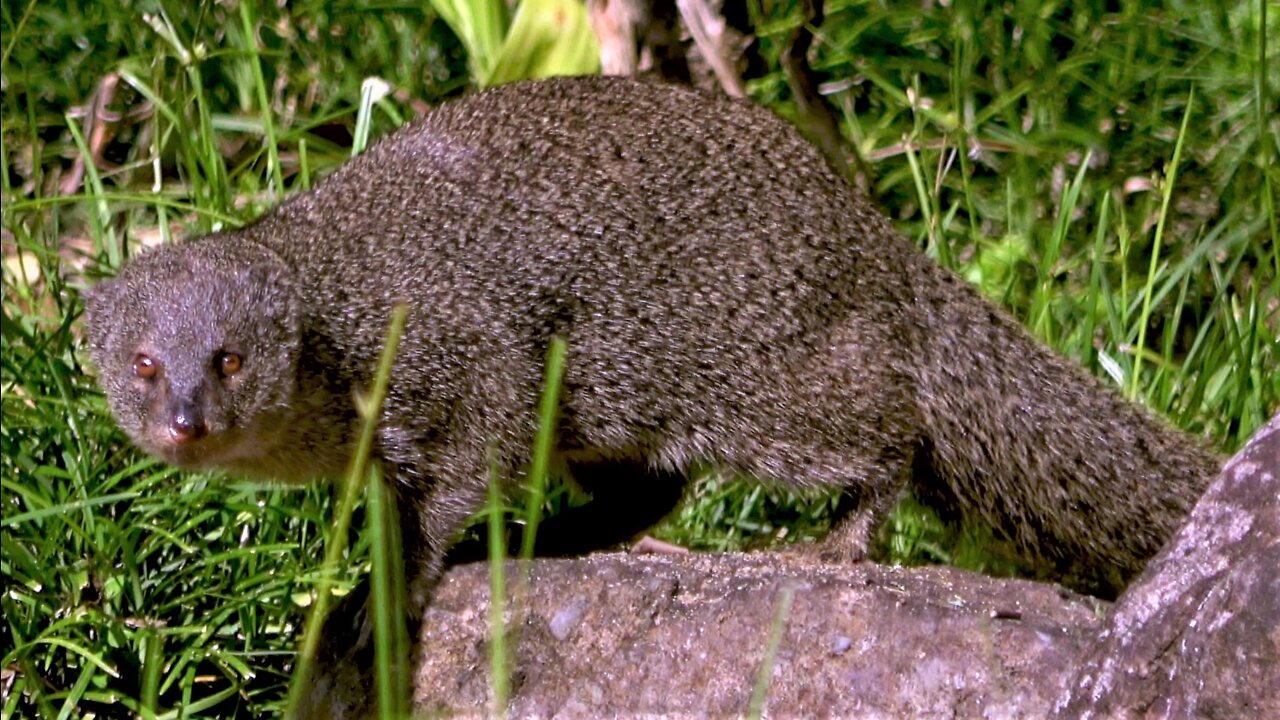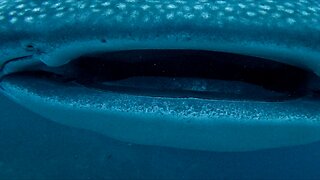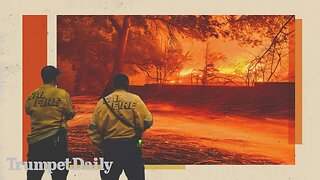Premium Only Content

Mongoose introduction in Fiji goes horribly wrong
Many areas of the world have been trouble with pests and animals that are considered a threat to crops and produce. In an effort to control the populations of these animals, humans have introduced predators. The goal is to find an animal that will prey on the creatures that are destroying crops. But the results are often unpredictable, and occasionally disastrous.
In Fiji, and many other Pacific islands, sugar cane is an important crop. Rats and mice thrive on sugar cane, causing massive increases in production costs due to their consumption and contamination of the food. The Indian mongoose was a natural candidate for the government that sought to find a predator that could easily kill and eat the rodents. The mongoose did a very effective job, easily cutting the rodent population in a timely fashion. The mongoose also preyed on venomous snakes, which were a serious hazard to the workers in the cane fields. This was considered a positive in the efforts to make sugar cane farming easier. But those introducing the mongoose didn't consider the fact that the snakes were already a great predator for the rodents and that reducing the snake population would give the rats and mice an advantage.
Luckily, the mongoose filled the void and killed the rodents that the snakes had been preying on. But the mongoose has few predators on the island and they multiplied rapidly. Stealthy and very agile, their speed gives the mongoose a great advantage over larger animals, making them very formidable and difficult to catch or take down. The mongoose is one of the few animals capable of killing many large snakes.
The biggest problem with the mongoose came when they also began preying on lizards and birds. They even took the eggs from birds' nests. The population of birds in Fiji was rapidly threatened. The mongoose prey on migratory birds and domestic poultry as well. Being such capable hunters, these populations have also been affected.
Humans seeks to control their environment and nature, often without enough understanding of the long term consequences. History is full of examples of how this has gone horribly wrong, as it did with the introduction of the mongoose here.
-
 1:40
1:40
WildCreatures
20 days ago $0.55 earnedWhale Shark Most Extreme Close Up Imaginable
4.31K9 -
 1:11:22
1:11:22
Common Threads
10 hours ago $6.06 earnedLIVE DEBATE: Trump Pushes U.S. Expansion, Cali Fires Spark Political Outrage
72.1K7 -
 54:46
54:46
LFA TV
14 hours agoThe LA Apocalypse | TRUMPET DAILY 1.9.25 7pm
60.9K39 -
 57:50
57:50
theDaily302
19 hours agoThe Daily 302-CORY GAUTEREAUX
61.9K -
 9:49
9:49
Tundra Tactical
9 hours ago $2.76 earnedISIS ATTACK Screams Incompetence.
49K3 -
 47:51
47:51
Anthony Pompliano
1 day ago $9.48 earnedRegulators Tried To End Bitcoin?!
79.8K11 -
 8:39:59
8:39:59
BSparksGaming
14 hours agoMarvel Rivals Season 1 is ALMOST HERE! Time to Grind!
66.8K2 -
 45:26
45:26
Kimberly Guilfoyle
13 hours agoBreaking News Coverage of LA Fires, Live with Asm Bill Essayli & Jennifer Kelly | Ep. 187
67.9K103 -
 1:36:05
1:36:05
Redacted News
12 hours agoBREAKING! Trump Slams Communist California Dems over Wildfire Disaster | Redacted News
145K340 -
 51:20
51:20
Candace Show Podcast
12 hours agoJimmy Carter's Funeral Is Going Viral For All The Wrong Reasons | Candace Ep 129
125K364